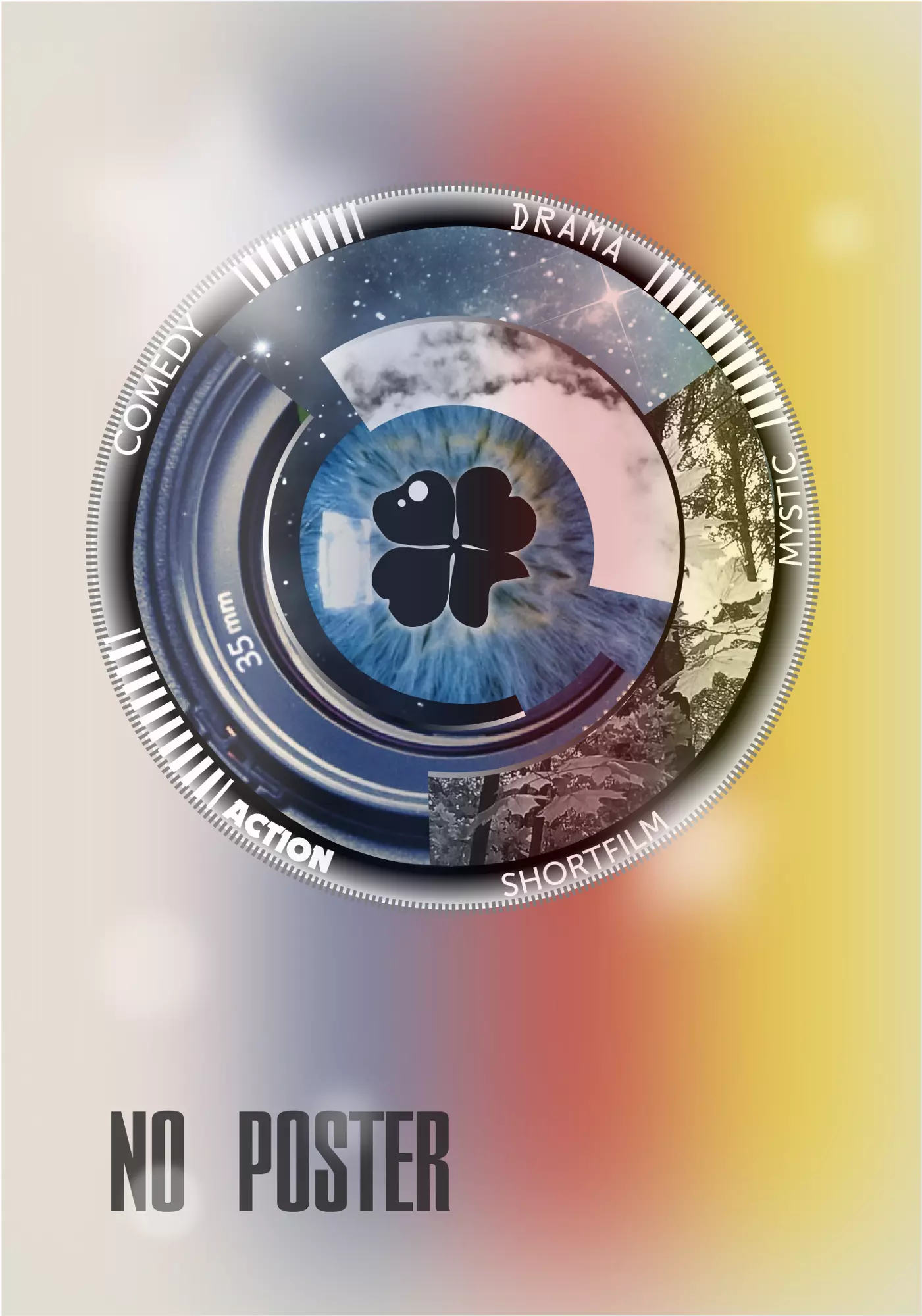Superbomb
Two superpowers, one goal - the race for nuclear supremacy follows the Soviet Union and USA as they struggle to control the most powerful force on the planet and create a "superbomb" that could unleash an explosion 1,000 times greater than Hiroshima. In April 1946, nuclear scientist Edward Teller, who has become known as the father of the hydrogen bomb, arrived at Los Alamos Nuclear Laboratory to chair a secret conference on the most ambitious weapons project the world had ever seen: the creation of a "superbomb". Having met initial opposition from his boss, the father of the atomic bomb, Robert Oppenheimer, Teller believed he could build the ultimate weapon. In Kew Gardens in 1947, a secret rendezvous took place. Soviet Alexander Felisov met his contact who handed over intelligence regarding Teller's H-bomb. Unknown to Teller, his weapons programme had been infiltrated by a Soviet husband-and-wife team - "the volunteers". By 1951, Teller had made the breakthrough he craved when he tested the H-Bomb in Eniwetok Atoll, in the Pacific. For 15 minutes, he waited anxiously to discover that the island had vanished and, in its place, was a crater, two miles wide. While Teller triumphed in the US, the Soviets were desperate to develop a small bomb that could be dropped by a plane. Chief Scientist Andrei Sakharov was successful in developing this. Teller discovered what the Soviets were doing and secretly joined the FBI as an informant; he accused his contemporary, Robert Oppenheimer, of not acting in the interests of the US and destroyed his reputation with a powerful testimony. But it was too late. The Soviets now held the secret to wiping out any city in Europe. Doomsday was now just around the corner...
